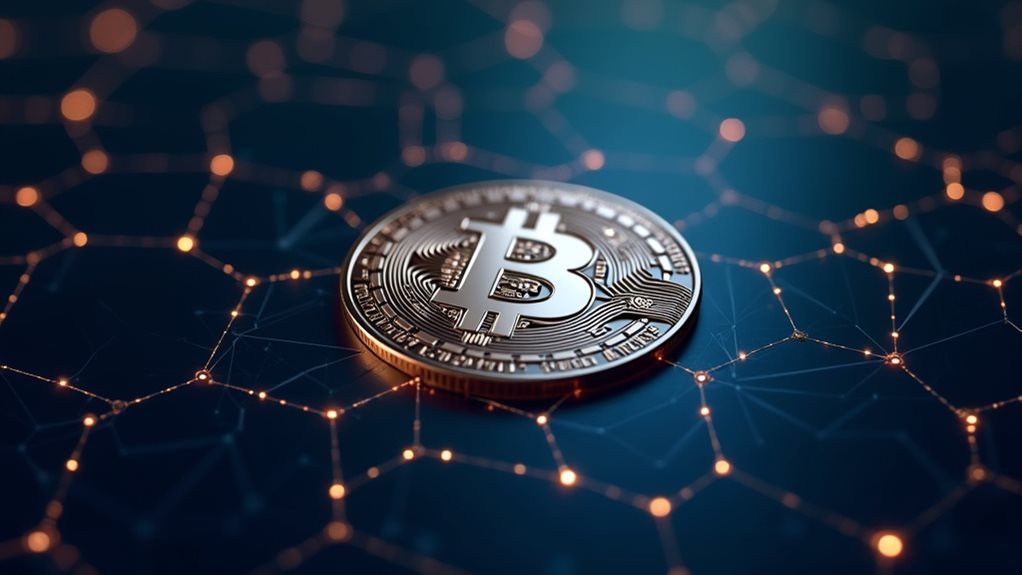Coinbase executives met with Karnataka’s IT Minister as the crypto giant pushes deeper into India’s blockchain environment. The company recently registered with India’s Financial Intelligence Unit in early 2025, marking a notable regulatory milestone after years of stop-and-start operations. India’s blockchain developer community exploded from 3% to 12% of the global pool since 2018. Coinbase is betting big on “onchain innovation ecosystem” partnerships rather than market domination. The stakes couldn’t be higher for what comes next.

After years of regulatory ping-pong that would make anyone dizzy, Coinbase has finally registered with India’s Financial Intelligence Unit in early 2025. This isn’t just paperwork – it’s survival. The crypto giant can now legally operate in one of the world’s most promising yet frustrating markets.
Let’s be honest, Coinbase’s Indian expedition reads like a soap opera. They waltzed in during 2017, thinking they had it figured out. Then 2018 hit like a sledgehammer when RBI banned banks from dealing with crypto. Game over. Well, temporarily. While Pakistan has established a Pakistan Crypto Council to navigate similar challenges, India’s path remains complex.
The Supreme Court threw them a lifeline in 2020, overturning the banking ban. Hope returned. But 2022’s UPI payment launch? Dead on arrival thanks to regulatory pushback. By 2023, new user registrations stopped entirely. Ouch.
But here’s where it gets interesting. Young Indians are crypto-obsessed, and that energy is infectious. The blockchain developer community exploded from 3% of the global pool in 2018 to 12% in 2023. That’s not a trend – that’s a revolution. DEA secretary Ajay Seth indicated a potential revision of the regulatory framework, signaling that authorities are actively reviewing their cryptocurrency stance.
Sure, India’s tax structure is brutal. Thirty percent on gains, plus a one percent transaction tax. It’s enough to make traders weep. But when local exchanges like WazirX collapse, reliable platforms suddenly look pretty attractive.
Coinbase isn’t playing small ball this time. They’re planning considerable investments beyond basic retail trading. Advanced trading products, recruitment drives, the works. They’re positioning themselves as champions of India’s “onchain innovation ecosystem” – fancy words for “we want a piece of this massive pie.” The company’s expansion efforts align with the broader trend of enhanced US-India economic cooperation in the technology sector.
The FIU-IND registration means they’ll follow anti-money laundering rules like everyone else. Binance, CoinDCX, and KuCoin already walked this path. Nothing revolutionary there.
RBI remains skeptical, wielding regulatory pressure like a weapon. Just ask Bybit about their ₹9.3 crore fine for compliance lapses. The message is clear: play by our rules or pay the price.
Coinbase’s partnerships with local platforms like CoinSwitch show they’re serious about integration, not domination. Smart move. India’s crypto market isn’t just growing – it’s exploding. And this time, Coinbase seems determined to stick around for the fireworks.









